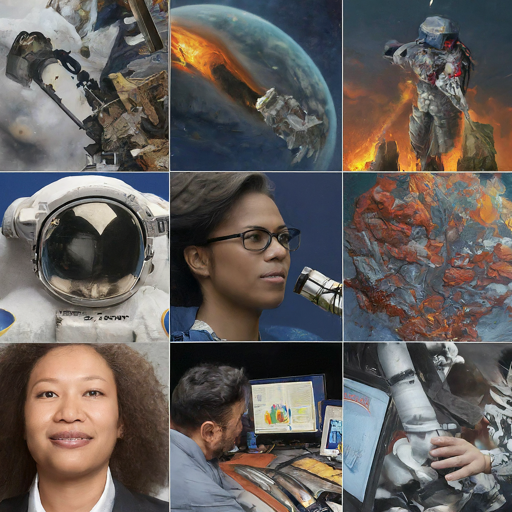As you look up at the night sky, you may feel drawn to the mysteries and wonders of space. If so, consider exploring the many possible career paths related to astronomy. With the right education and experience, you can turn your fascination with the cosmos into a fulfilling profession. In this article, we will highlight ten occupations for astronomy enthusiasts, ranging from research scientists to planetarium directors. Each offers its own rewards and challenges. Read on to learn which astronomy career might be the best fit for your interests, talents, and goals. Whether you hope to uncover new planets or share your love of the stars with students, one of these astronomy careers could be your dream career.
Top 10 Careers in Astronomy and Space Exploration
Observational Astronomer
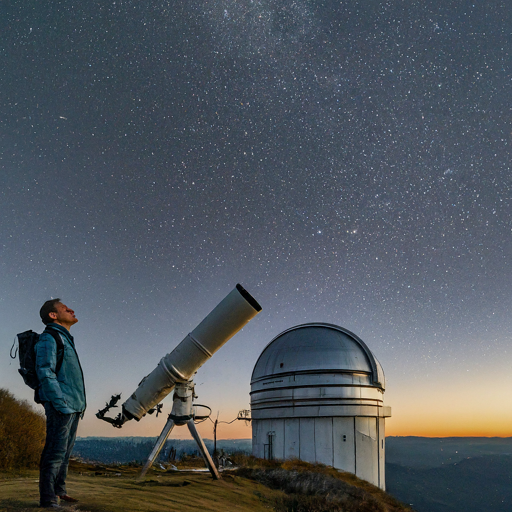
Observational astronomers observe celestial objects and phenomena, typically using ground-based telescopes or space-based telescopes. They analyze their observations to understand the physical processes that influence the universe. Observational astronomers may work in universities, government agencies or research institutions.
Stellar Astrophysicist

Stellar astrophysicists study the formation and evolution of stars. They develop theoretical models and analyze observational data to understand stellar phenomena like supernovae, neutron stars and black holes. Stellar astrophysicists typically possess a PhD in astronomy, physics or a related field. They work in universities, research institutions and government space agencies.
Astrophysicist

Astrophysicists apply the laws of physics to understand the universe and all it contains, including stars, galaxies, black holes and planetary systems. They construct theoretical models, analyze data from telescopes and spacecraft, and interpret their results to advance our understanding of astronomy and cosmology. Astrophysicists typically work in universities, research institutions and government space agencies.
Cosmologist
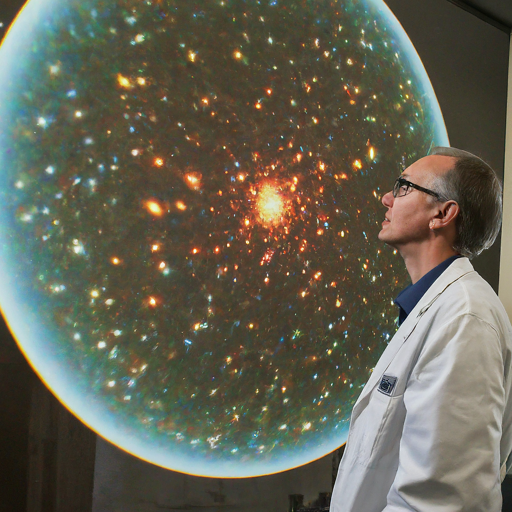
Cosmologists study the origin, evolution and structure of the universe. They develop and test theoretical models to understand fundamental questions in cosmology, such as the Big Bang theory, the geometry of the universe, and the nature of dark matter and dark energy. Cosmologists usually possess a PhD in physics, astronomy or a related field. They work in universities, research institutions and government agencies like NASA.
Planetary Scientist

Planetary scientists study the origin and evolution of planets, moons and solar systems. They analyze data from telescopes and spacecraft to understand the physical and chemical processes that shape planetary systems and influence planetary atmospheres, surfaces and interiors. Planetary scientists typically work for universities, research institutions, private companies and government space agencies like NASA.
Astro Biologist
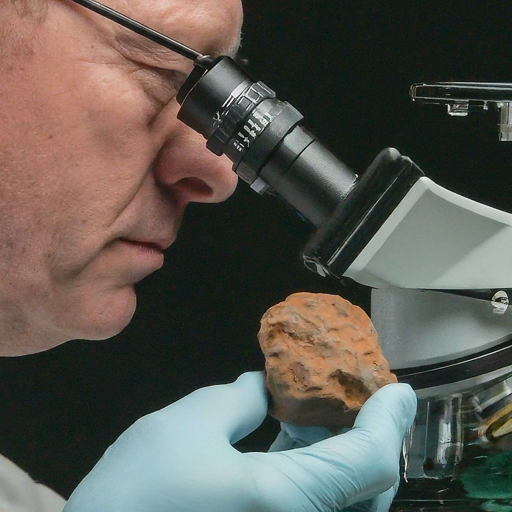
Astrobiologists study the potential for life beyond Earth and the origin of life on Earth. They explore the possibility of extraterrestrial life by studying life in extreme environments on Earth as analogs for potential habitats on other worlds. Astrobiologists also develop theoretical models and analyze data from telescopes and spacecraft to identify potentially habitable environments in the universe. They typically work for universities, NASA and private research institutions.
Space Scientist
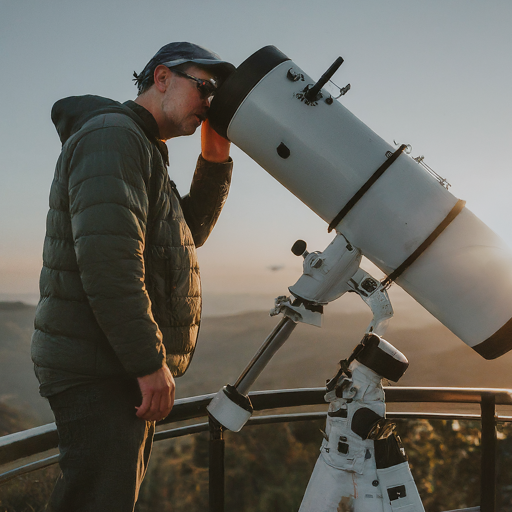
Space scientists explore celestial phenomena like cosmic rays and solar wind, unraveling their impacts on planets and the wider universe. They analyze data collected from satellites and telescopes to understand the fundamental processes shaping our cosmic environment.
Data Scientist

Data scientists in astronomy sift through vast datasets, extracting patterns and insights crucial for astronomical discoveries. Using advanced statistical techniques and machine learning algorithms, they uncover hidden relationships in data collected from telescopes and space missions.
Science Policy Advisor

Science policy advisors in astronomy shape the course of space exploration and funding. They provide guidance to governments and organizations on strategic decisions regarding space missions, research priorities, and funding allocations.
Educator

Educators in astronomy play a pivotal role in nurturing young minds. They impart the wonders of astronomy, from the vastness of the universe to the intricacies of celestial mechanics, inspiring the next generation of space enthusiasts and scientists.
Education Requirements for Careers in Astronomy
To pursue a career in astronomy, you will need extensive education and training. At a minimum, you will require a bachelor’s degree in astronomy, physics, or a related field. However, many positions require graduate degrees such as a master’s or Ph.D. in astronomy or astrophysics.
Bachelor’s Degree
A bachelor’s degree in astronomy, physics, or a closely related field is the basic requirement for a career as an astronomer. Coursework typically includes astronomy, physics, mathematics, chemistry, and statistics. Students gain hands-on experience using telescopes and other astronomical instruments. Internships at observatories or research institutions are valuable for gaining experience.
Graduate Degrees
Most research and teaching positions in astronomy require a Ph.D. or master’s degree in astronomy or astrophysics. Graduate programs provide advanced coursework and the opportunity to conduct original research. Programs may take 5-7 years to complete. Graduate students work closely with professors to develop and carry out research projects, which often lead to published papers.
Continuing Education
Astronomers need to keep their knowledge and skills up to date through ongoing learning. They may take additional courses or participate in conferences, meetings, and workshops. Membership in professional organizations also provides opportunities for continuing education through access to publications and online resources.
In summary, while a bachelor’s degree can lead to some entry-level positions, graduate degrees are typically needed for most careers as professional astronomers, especially in research and academia. Aspiring astronomers should pursue degrees in astronomy, physics or a closely related discipline to build a strong scientific foundation. Hands-on experience, internships, and a dedication to lifelong learning will help astronomers achieve and advance their careers.
Job Outlook and Salary Prospects for Astronomy Professions
Astronomers
Employment of astronomers is projected to grow by 5% from 2021 to 2031 according to the U.S. Bureau of Labor Statistics (BLS), about as fast as the average for all occupations. The demand for astronomers will depend on the level of federal funding for space and physical science research. Astronomers with a doctoral degree in astronomy or a related field, such as physics, have the best job prospects. The median annual wage for astronomers was $124,320 in Feb 2024.
Physicists
Employment of physicists is projected to grow by 9% from 2021 to 2031, according to the BLS, which is about as fast as the average for all occupations. Physicists will be needed to conduct theoretical and applied research in fields such as biophysics, materials science, and astronomic. Candidates with a doctoral degree in physics or astronomy will have the best job prospects. The median annual wage for physicists was $96,070 in Feb 2024.
Postsecondary Teachers
Postsecondary teachers in physics and astronomy provide education and training beyond the high school level. Employment of postsecondary teachers is projected to grow by 9% from 2021 to 2031. Growth will be driven by increases in student enrollment at colleges and universities. Candidates with a doctoral degree will have the best job prospects. The median annual wage for postsecondary physics teachers was $90,010 in Feb 2024.
In summary, the job outlook for careers in astronomy and related fields is optimistic over the next decade. Individuals with an advanced degree in astronomy, physics or a related field will be poised to take advantage of new job opportunities and demand for their expertise. Compensation in these professions is competitive, providing the potential for a rewarding career exploring the final frontier.
Conclusion
In reviewing the top ten careers in astronomy, it’s clear there are many exciting opportunities in this fascinating field. Whether your interests lie in research, education, engineering, data analysis, or outreach, there’s likely an astronomy career path that’s right for you. With diverse options across academia, government, nonprofits, and private companies, those with a passion for understanding the cosmos can find fulfilling work. While the road may be challenging, the chance to contribute to humanity’s knowledge of space and share that wonder with others makes an astronomy career incredibly rewarding. The night sky calls to us all – will you answer by pursuing your own career in astronomy?

